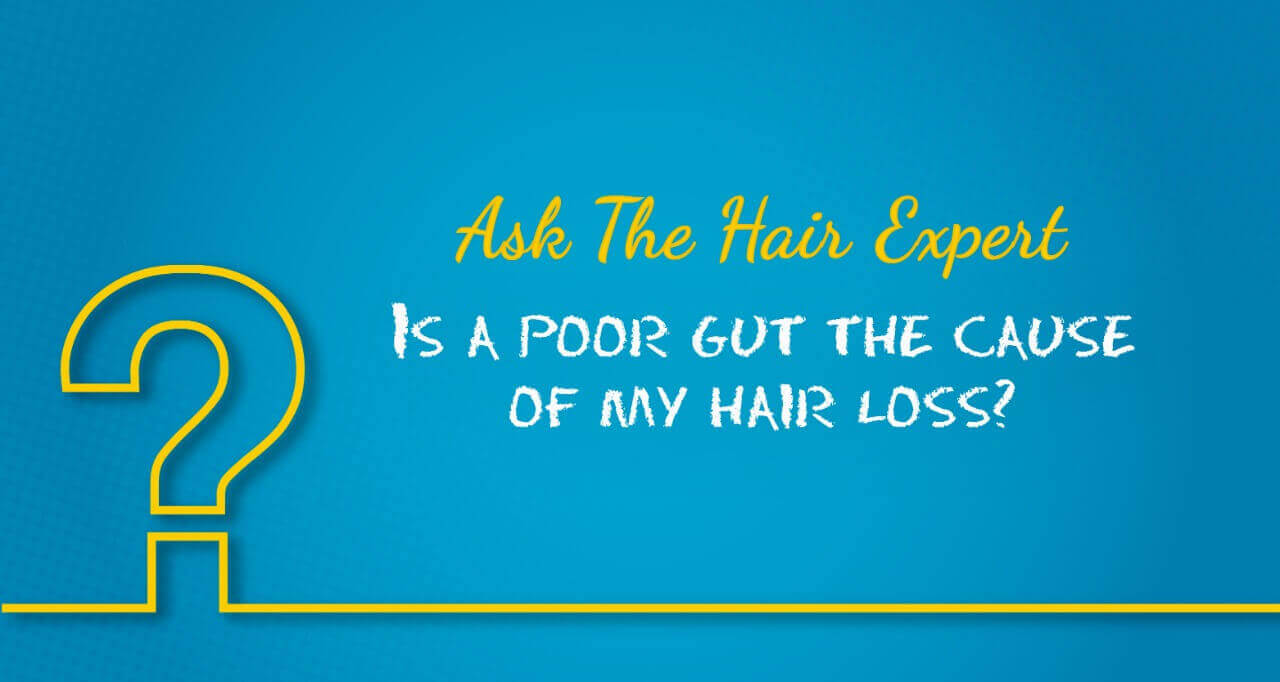For most of us, anything that flakes off our scalp is dandruff. Right?
But do you know that there are many scalp conditions that lead to flaking? Also, what we see as ‘flaking’ or ‘dandruffy powder’ is not really what it seems to be?
Hair and scalp problems, are perhaps the most common, yet given the least priority! Until it starts ‘looking bad’ most of us don’t bother much with it. Truth to be told, as we repeatedly speak of, Hair is your body’s barometer. Catch those signals your body is shouting out from the top of your head, through your hair and scalp!
Psoriasis and specifically Scalp Psoriasis is something that often gets confused with dandruff, which is a milder problem than the former. The question which some of you have asked us this week is on the said topic. And this page is to help you understand it all better. We will try to keep off those stark images and try to use simple language to break this down for you!
You asked: ‘How will identify if I have dandruff or scalp psoriasis?! What is psoriasis? Is it curable?’
Here’s the answer from the Hair Experts.
Yes. There are ways to tackle it.
Get to the root of the problem with the help of a Trichologist!
Dandruff is a milder condition than Scalp Psoriasis. Dandruff is a scalp problem caused by flaking of skin tissues of the scalp, resulting in white flakes appearing all over the scalp and on the hair shafts. Do read our earlier blog on the topic for further clarity.
Now, going back to our question of the day, let’s first understand what the concern here actually is, why psoriasis occurs, what the common causes and symptoms of scalp psoriasis are, and then, move on to how it can be tackled. We will also look at solutions you can opt for if you are already struggling with the condition.
What is psoriasis?
Psoriasis is an autoimmune disorder.
What is an autoimmune disease?
A disease or condition that arises from an abnormal (immune) response from a body part. There are perhaps 100 such conditions, identified and being treated across the world as you are reading this. Inflammatory bowel disease, multiple sclerosis, psoriasis, rheumatoid arthritis, lupus etc are commonly known autoimmune conditions.
Causes of autoimmune dieases are largely unknown. Many of these are thought to be genetic by nature and often triggered by environmental/ lifestyle conditions. It is also believed and derived through studies that women are more susceptible to such conditions than men.
Psoriasis is a condition that affects your skin anywhere in the body and the scalp. It occurs when the immune system sends out faulty signals that speed up the growth cycle of the skin cells. It damages or destructs the tissue.
The body parts that are commonly affected, apart from the scalp (which we will speak of in detail), are where there are folds of skin, like at the elbows and knees. The degree and intensity of the concern differ from person to person, varying with age, lifestyle, support system and mental strength to cope up.
What is Scalp Psoriasis?
Scalp Psoriasis, our topic of the day, is one such autoimmune condition that affects your scalp. Many times a layman can confuse this with simple dandruff, Eczema or Seborrheic Dermatitis. The condition needs a trained professional eye, for it to be spotted right. Correct diagnosis is key, as the treatment is different for each of these problems. Your trichologist is the MVP here!
What are the causes & symptoms?
The following are the most common symptoms of psoriasis disease, particularly, scalp psoriasis:
- Excessive flaking of the scalp with constant irritation.
- Dry, rough patches appearing in the hairline, behind ears, in eyebrows and at times on the sides of the nostrils.
- In advanced stages, the skin on the rest of the body may also get affected.
- On peeling of scales, scalp may start bleeding.
- Exposure to the sun causes intense burning of the scalp.
Risk Factors For Psoriasis
- History of autoimmune disorders in family
- After acute illness, infections
- After a mentally stressful period
- Injury to the scalp (Koebner Phenomenon)
Smoking, high stress levels, certain viral and bacterial infections, obesity, certain dietary factors such as gluten sensitivity are some things that aggravate the condition and show up as symptoms/signs.
It is very important to identify the first signs and symptoms of the problem. Going back to your original question on dandruff vs. scalp psoriasis – the symptoms are much more severe in psoriasis, as you can see. While dandruff is something that may come and go, psoriasis is chronic. It is more scaly than flaky. And unlike dandruff, it can creep past your scalp and hairline, to your neck and back! Psoriasis when unattended can spread. And no, you can’t catch Scalp Psoriasis from another individual, if you are wondering about the ‘spread’! You are more susceptible if it runs in your family.
Self-diagnosis and self-medication may end up worsening the problem. Consulting a trichologist is important to address it in a timely manner.
Who does it affect?
There are different types of psoriasis. The bigger disturbing fact is that it affects both adults and children. While it is a rare disorder in children, when it occurs, it can affect them as severely as adults. Early diagnosis and professional medical intervention are most important, be it an adult or child who is affected.
Scalp psoriasis and psoriasis in general as a disease, can also lead to a host of psychological problems like stress due to unwillingness to socialise or to have sexual relations. These are direct fall-outs of the condition. It is even harder to cope when in children and young adults, due to societal pressures and the individual’s mental maturity. In such cases, trichologists often double up as psychologists to help the patient out of this personal crisis.
Can psoriasis be cured?
It is crucial to understand that psoriasis is a controllable, but not a curable, problem. The focus is on arresting the spread.
If a trichologist is consulted in time, you may be advised treatments that could help control the problem on hand and on how to prevent relapse.
What is needed is a methodical procedure for holistic treatment of scalp psoriasis – a trip to your Hair clinic.
- Trichologist conducts a detailed interview, to understand your concerns in depth.
- A physical examination is conducted to do a rough evaluation of the degree & intensity of psoriasis. Your clinical evaluation will also involve determining related factors.
- Depending upon genetic susceptibility, your age and nutritional status, a clear objective is set to identify reasons and causes of psoriasis on a personal level.
- Topical emollients are given to soothe the inflamed scalp.
- Advice to stop oiling is given at times – since oil, on many occasions, is found to aggravate the concern.
- Advice on usage of generic hair products is given. You may need to refrain from using certain products as the scalp is very sensitive and scalp psoriasis cure is very challenging.
- If needed, a specific amino acid is given in therapeutic dosage only after ruling out uncontrolled blood pressure and increased levels of uric acid, if any.
- Review process helps track the progress and confirms the successful arrest of the problem.
- Deterrent factors, which can still lead to scalp psoriasis, are explained to you so that caution can be maintained to prevent relapse.
As with most health and wellness concerns, correction of diet where needed, plays an important role. In case of psoriasis, it is advisable to consume food that is low in saturated fat and steer clear of trans fats. Limit your intake of salt and carbohydrates. Avoid processed foods and refined sugars. And very importantly, stay hydrated at all times by consuming sufficient water and by including fresh fruits & vegetables in your daily diet.
Thus, the Trichologist first analyses your hair and scalp condition, understands your medical case history, your lifestyle and daily routine, and accordingly guides you on the course of medical treatment. You will also get advised changes to be made, if need be, to your diet and lifestyle.
Scalp psoriasis can be mild and unnoticeable in some, while being extremely severe in others. The treatment is done with an objective to control, sustain, and reverse the problem where possible; however, the patient’s body response is a key factor in the process. This treatment is a long-term process that shows results gradually and to varying degrees.
Your questions, we believe, have been clarified to a fair deal with the above! Should you need any further details or clarifications, you know where & how to reach us! Our experts are just a call away.
Remember, each individual’s hair and scalp condition is different from the other. One solution doesn’t fit all! While one remedy may work for your friend, it may not quite do the needful for you!
And as we always remind you at sign off, if you ever notice worrying changes in your hair, such as persistent flaking, hair loss, itchy scalp, and split ends or no growth, contact a trichologist immediately. These are all signs that could be signalling to you! Don’t postpone or hesitate. Give your hair and scalp the attention it needs and deserves!
For more on hair & scalp concerns, and for all things ‘Hair’, do follow our blogs on hair loss, hair care, treatments and solutions and interesting hair trivia!
Connect with us on social media on the links below. Do leave your questions & comments and we will address them all, just as we have done today!



